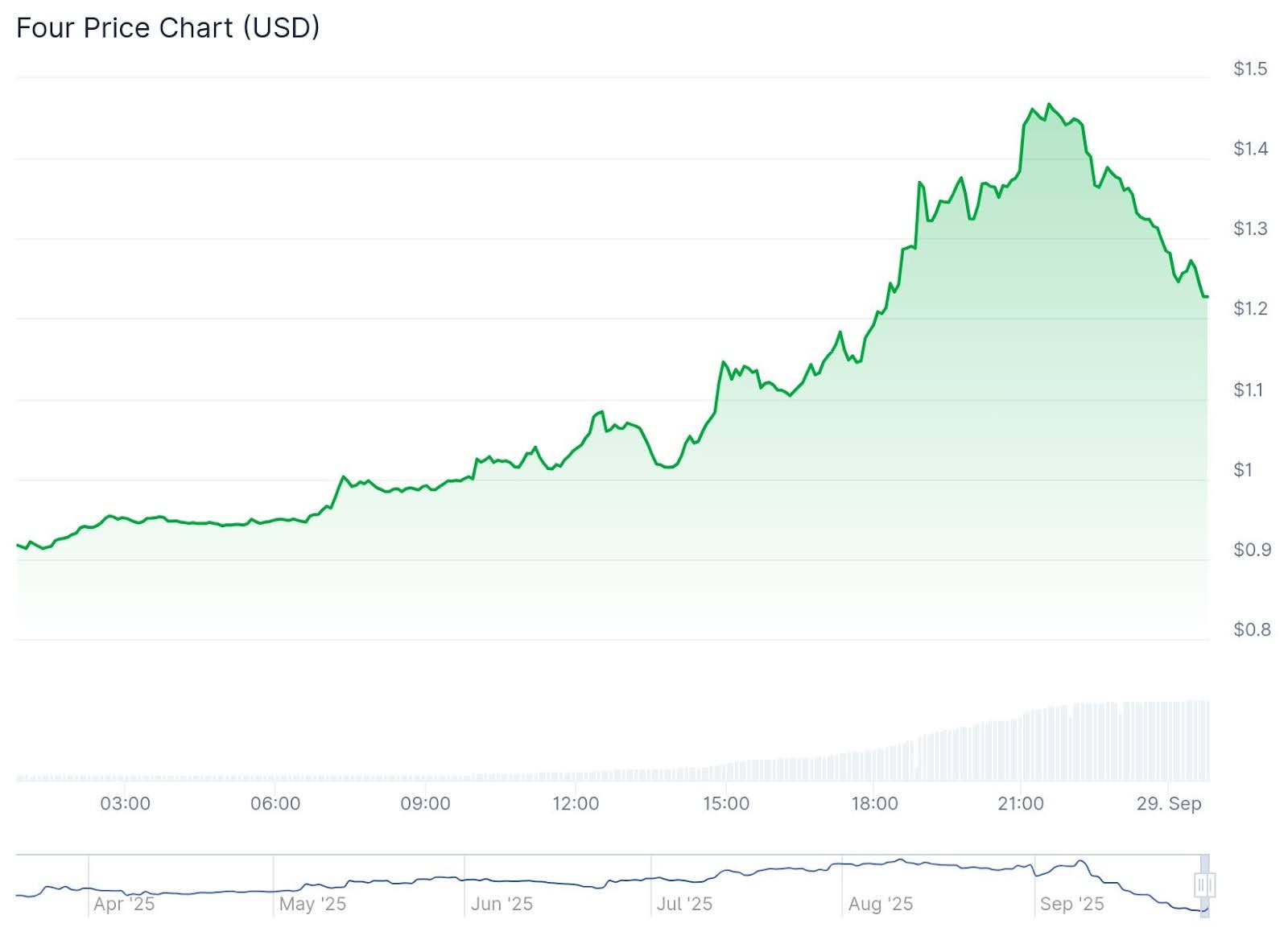RBI’s Crypto Squeeze: A 2025 Reality Check
The post RBI’s Crypto Squeeze: A 2025 Reality Check appeared on BitcoinEthereumNews.com. Khushi V Rangdhol Jun 12, 2025 17:38 RBI is tightening crypto access via banks, CBDC expansion, and compliance, not banning it. Incremental measures aim to contain, not prohibit, crypto use. India isn’t gearing up for an overnight ban on crypto. Instead, the Reserve Bank of India (RBI) is quietly tightening three levers—bank access, central-bank-digital-currency (CBDC) adoption and compliance overhead—while repeating that private tokens can “hamper financial stability and monetary-policy transmission.” What the RBI just said At the June 2025 Monetary Policy Committee press conference, Governor Sanjay Malhotra told reporters that the central bank’s concerns about crypto “remain exactly where they were before the Supreme Court ruling,” adding that large-scale retail speculation “can hurt financial stability as well as our ability to steer liquidity and rates.” How the squeeze plays out Bank rails – Major lenders still flag or throttle exchange-linked transactions. The only documented episode is a May 2021 Reuters scoop revealing “informal guidance” that urged banks to pare crypto exposure after the Supreme Court quashed the formal ban. No publicly verifiable repeat of those unwritten nudges has surfaced in 2024-25, but exchange executives say the chill persists. CBDC expansion – The retail e-rupee pilot now spans seventeen banks and roughly six million users. Fintech app Cred became the first non-bank participant in January 2025. Offline transfers and small-scale “programmable” tokens—for example, vouchers that can be spent only at designated merchants—are now being tested, though the RBI hasn’t demonstrated live auto-tax-deduction or wallet-blacklisting features. Compliance dragnet – Every virtual-asset service provider must register with the Financial Intelligence Unit under a July 2023 order. Platforms that fail to do so risk being geo-blocked by internet-service providers and payment gateways. Yet India still lacks a dedicated exchange-licensing law, leaving companies in regulatory limbo…

The post RBI’s Crypto Squeeze: A 2025 Reality Check appeared on BitcoinEthereumNews.com.
Khushi V Rangdhol Jun 12, 2025 17:38 RBI is tightening crypto access via banks, CBDC expansion, and compliance, not banning it. Incremental measures aim to contain, not prohibit, crypto use. India isn’t gearing up for an overnight ban on crypto. Instead, the Reserve Bank of India (RBI) is quietly tightening three levers—bank access, central-bank-digital-currency (CBDC) adoption and compliance overhead—while repeating that private tokens can “hamper financial stability and monetary-policy transmission.” What the RBI just said At the June 2025 Monetary Policy Committee press conference, Governor Sanjay Malhotra told reporters that the central bank’s concerns about crypto “remain exactly where they were before the Supreme Court ruling,” adding that large-scale retail speculation “can hurt financial stability as well as our ability to steer liquidity and rates.” How the squeeze plays out Bank rails – Major lenders still flag or throttle exchange-linked transactions. The only documented episode is a May 2021 Reuters scoop revealing “informal guidance” that urged banks to pare crypto exposure after the Supreme Court quashed the formal ban. No publicly verifiable repeat of those unwritten nudges has surfaced in 2024-25, but exchange executives say the chill persists. CBDC expansion – The retail e-rupee pilot now spans seventeen banks and roughly six million users. Fintech app Cred became the first non-bank participant in January 2025. Offline transfers and small-scale “programmable” tokens—for example, vouchers that can be spent only at designated merchants—are now being tested, though the RBI hasn’t demonstrated live auto-tax-deduction or wallet-blacklisting features. Compliance dragnet – Every virtual-asset service provider must register with the Financial Intelligence Unit under a July 2023 order. Platforms that fail to do so risk being geo-blocked by internet-service providers and payment gateways. Yet India still lacks a dedicated exchange-licensing law, leaving companies in regulatory limbo…
What's Your Reaction?








































